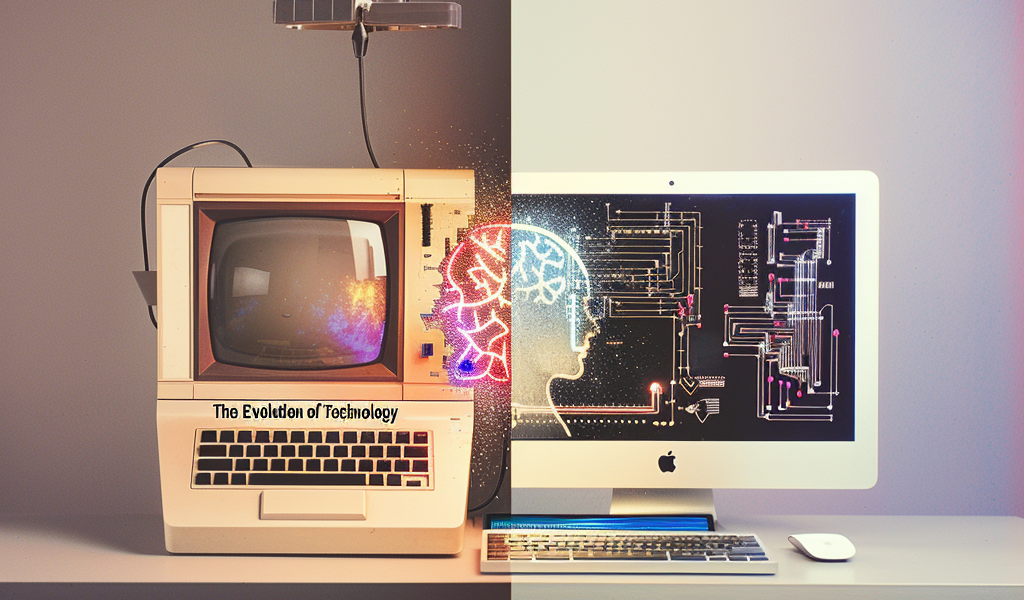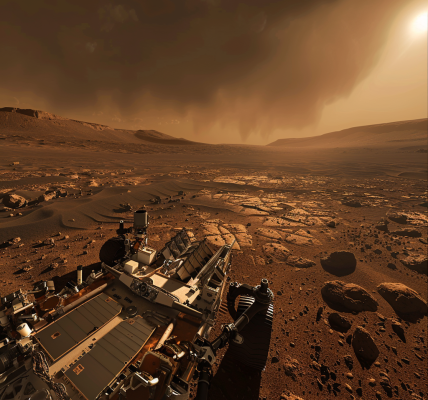In a remarkable revelation, a speech given by Steve Jobs in 1983 has resurfaced, highlighting his foresight regarding the future of personal computing. Jobs, the visionary co-founder of Apple, articulated a world where personal computers would become integral to everyday life, a prediction that has proven to be accurate over the decades. Fast forward to 2024, and we find ourselves at yet another pivotal moment in technological advancement, this time driven by the rapid evolution of artificial intelligence (AI).
Jobs’ 1983 address, delivered during a time when personal computers were still a novel concept, emphasized the transformative potential of technology. He envisioned a future where individuals would have the power of computing at their fingertips, fundamentally changing how we interact with information and each other. His insights were not just speculative; they laid the groundwork for the digital age we now inhabit.
Today, as we navigate the complexities of AI, it is essential to reflect on Jobs’ legacy and the implications of his predictions. The advent of AI has ushered in a new era, marked by unprecedented capabilities in data processing, machine learning, and automation. These advancements are not merely enhancements to existing technologies; they represent a fundamental shift in how we approach problem-solving and decision-making.
The influence of AI is evident across various sectors, from healthcare to finance, and even in our daily interactions. As businesses and individuals alike harness the power of AI, the question arises: are we prepared for the changes it brings? The potential for AI to revolutionize industries is matched only by the challenges it presents, including ethical considerations and the need for regulatory frameworks.
In the context of Jobs’ vision, the current landscape of AI can be seen as both an opportunity and a challenge. Just as personal computers democratized access to information, AI has the potential to democratize decision-making processes. However, this democratization comes with the responsibility to ensure that AI systems are designed and implemented ethically, prioritizing transparency and accountability.
Moreover, the rise of AI has sparked discussions about the future of work. As automation becomes more prevalent, many are left wondering how job markets will adapt. Will AI create new opportunities, or will it displace existing roles? These questions are critical as we consider the implications of integrating AI into our workforce.
As we reflect on the trajectory of technology since Jobs’ time, it is clear that we are once again at a crossroads. The decisions we make today regarding AI will shape the future, much like the choices made during the early days of personal computing. The challenge lies in balancing innovation with ethical considerations, ensuring that the benefits of AI are accessible to all.
In conclusion, the resurgence of Jobs’ insights serves as a reminder of the importance of visionary thinking in technology. As we embrace the possibilities of AI, let us also heed the lessons of the past, striving to create a future that is not only technologically advanced but also equitable and just.





